Summaries of books about Politics & Social Sciences:

The Lesser Evil
Political Ethics in an Age of Terror
Michael Ignatieff
The book examines the ethical dilemmas faced by liberal democracies when responding to the threat of terrorism, exploring the balance between security and human rights. It discusses the concept of a "lesser evil" as a pragmatic approach to making difficult moral choices in the context of political violence and counter-terrorism strategies.
See full summary
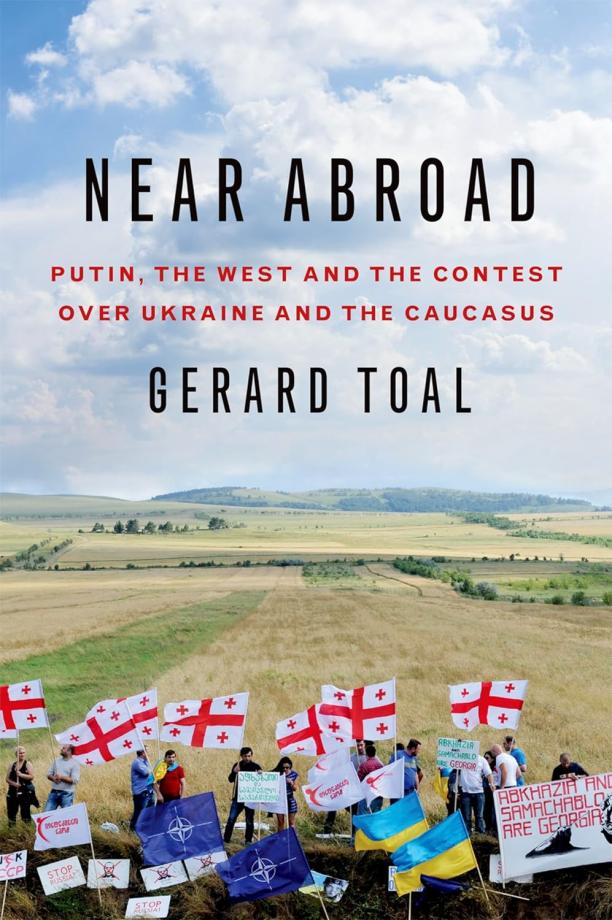
Near Abroad
Putin, the West and the Contest over Ukraine and the Caucasus
Gerard Toal
The book examines Russia's geopolitical strategies and conflicts in Ukraine and the Caucasus, analyzing how Vladimir Putin's government has engaged with these regions. It explores the historical context, the role of the West, and the complex interplay of national identity, power, and territorial politics that shape the ongoing contest for influence.
See full summary

The Ordinary Virtues
Moral Order in a Divided World
Michael Ignatieff
The book examines how ordinary people around the world navigate moral dilemmas in their daily lives, often relying on local, practical virtues rather than universal principles. It explores the role of these virtues in maintaining social cohesion amidst the challenges of globalization, inequality, and cultural diversity.
See full summary
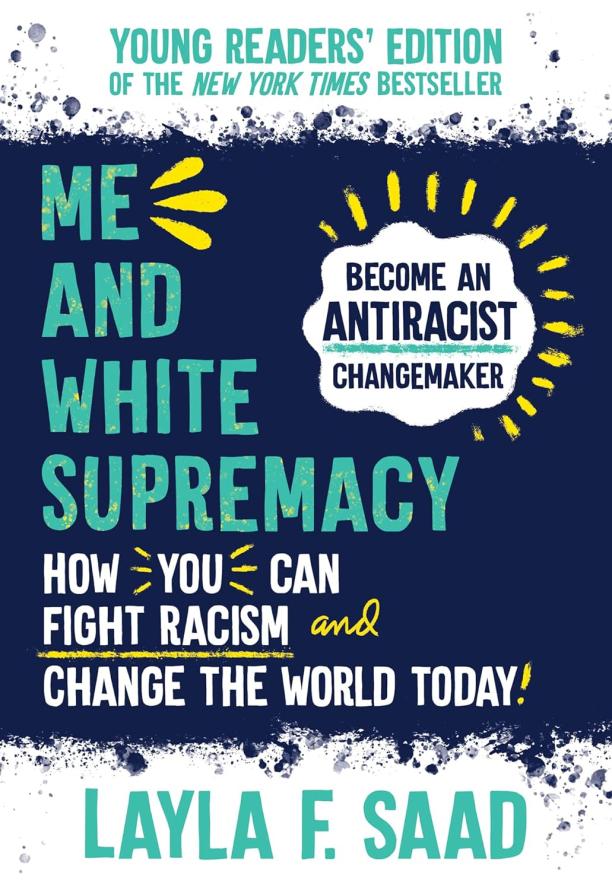
Me and White Supremacy
Young Readers' Edition: Become an Antiracist Changemaker
Layla Saad
The book is a guide for young readers to understand and dismantle white supremacy, providing them with tools and reflections to challenge racism in their daily lives. It encourages self-awareness, accountability, and activism to foster an antiracist future.
See full summary
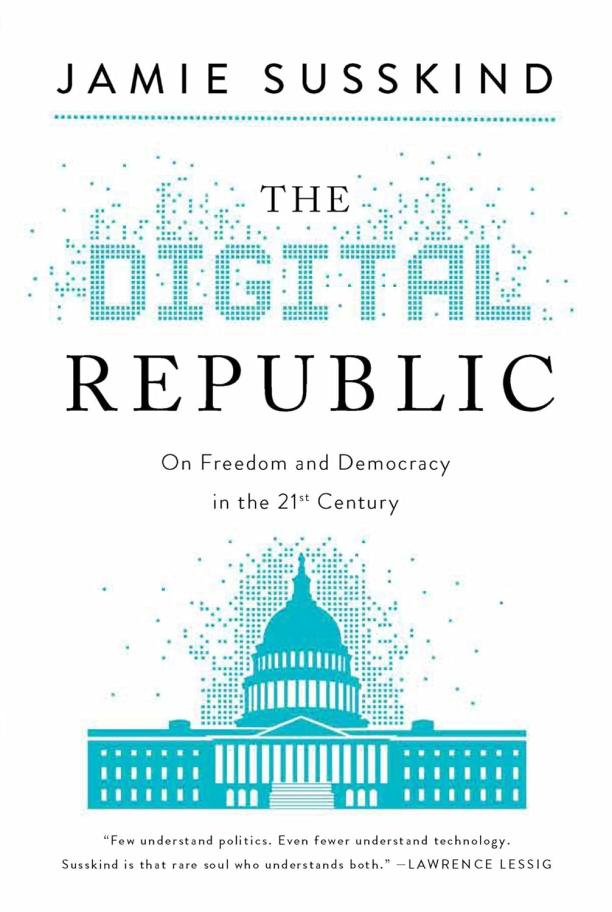
The Digital Republic
On Freedom and Democracy in the 21st Century
Jamie Susskind
The book explores the impact of digital technology on politics and society, arguing that these technologies are reshaping the nature of power and governance. It discusses the need for a new social contract to ensure freedom and democracy in an era where our lives are increasingly influenced by digital platforms and algorithms.
See full summary
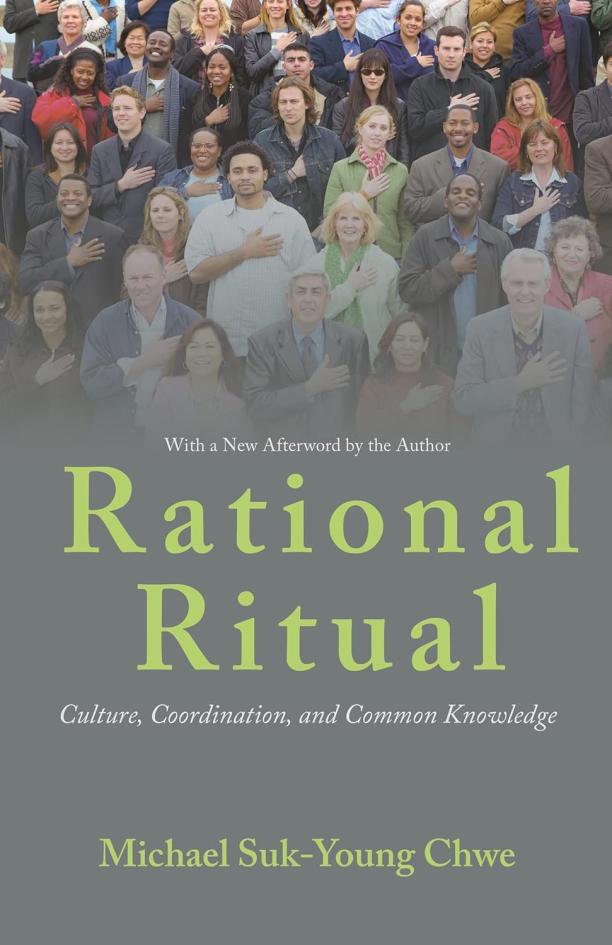
Rational Ritual
Culture, Coordination, and Common Knowledge
Michael Suk-Young Chwe
The book explores the concept of common knowledge and its crucial role in coordinating human activity and fostering collective action. It delves into the ways rituals and ceremonies create common knowledge that enables individuals to solve coordination problems in various social, economic, and political contexts.
See full summary

Liars
Falsehoods and Free Speech in an Age of Deception
Cass R. Sunstein
The book explores the balance between protecting free speech and regulating falsehoods, particularly in the digital age where misinformation can spread rapidly. It examines the potential harms of lies, the legal boundaries of free speech, and proposes frameworks for how society and law might address deceptive practices without undermining core democratic values.
See full summary
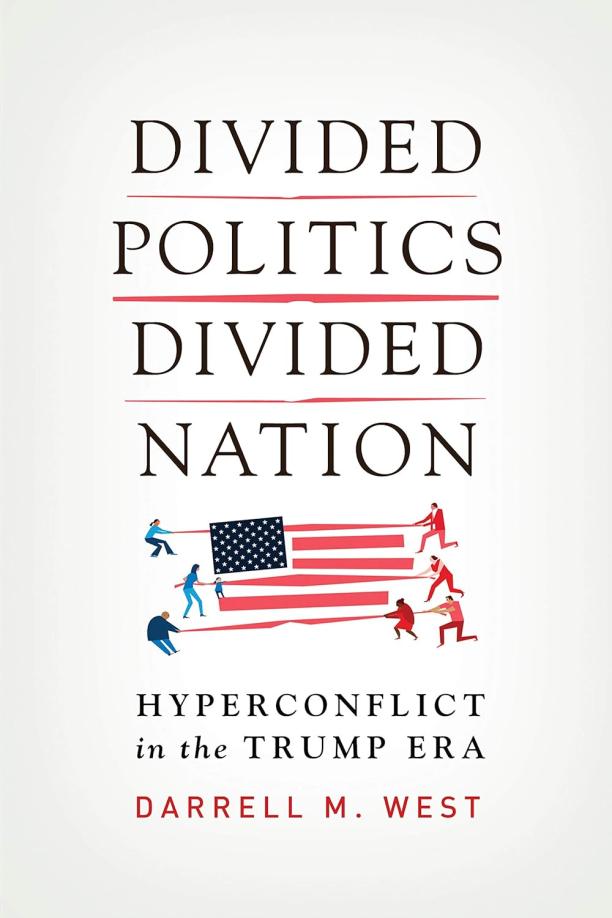
Divided Politics, Divided Nation
Hyperconflict in the Trump Era
Darrell M. West
The book explores the deep political and cultural divisions within the United States that have been exacerbated during the presidency of Donald Trump. It examines the roots and consequences of this hyper-partisan conflict, including its impact on governance, policy-making, and the social fabric of the nation.
See full summary
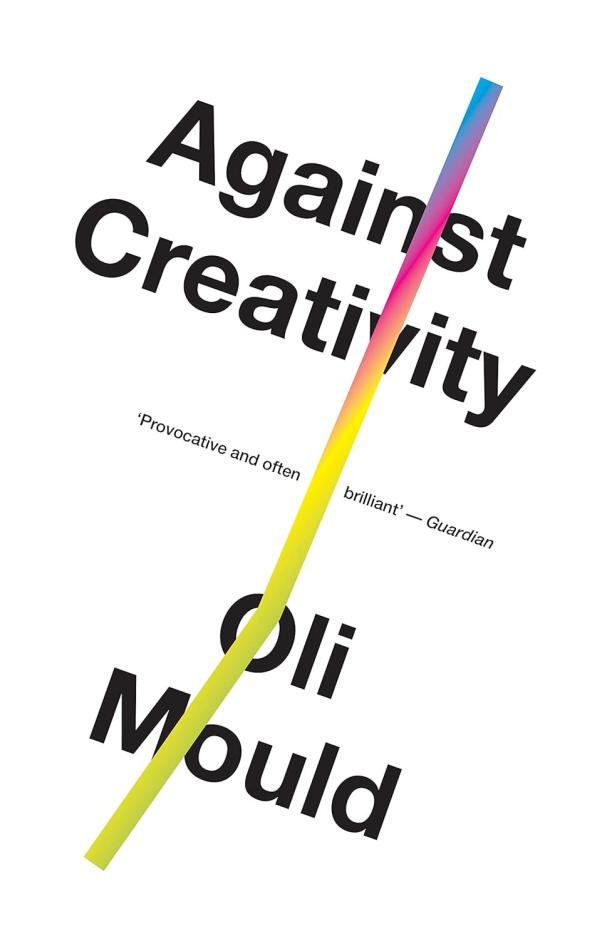
Against Creativity
Oli Mould
The book challenges the mainstream celebration of creativity as inherently positive, arguing that it has been co-opted by neoliberal capitalism to drive profit and reinforce the status quo. It critiques how creativity is often commodified and controlled, advocating for a reimagining of creativity that genuinely supports social and political change.
See full summary
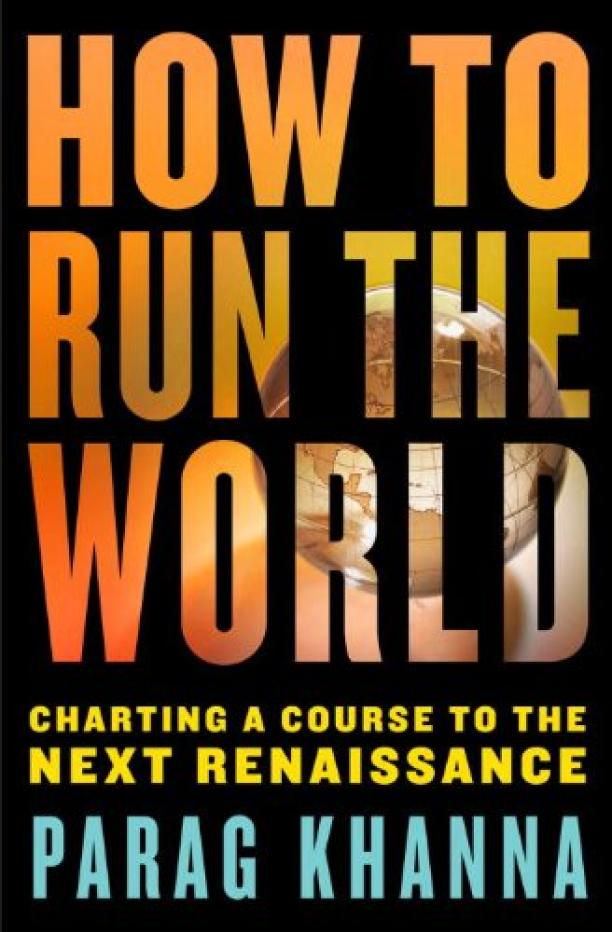
How to Run the World
Charting a Course to the Next Renaissance
Parag Khanna
The book presents a vision of a new Middle Ages-like world order characterized by decentralized power, where governments, corporations, and non-governmental organizations intersect and compete for influence. It argues for a multi-stakeholder approach to global governance, emphasizing the importance of diplomacy, technology, and collaborative networks in addressing the complex challenges of the 21st century.
See full summary